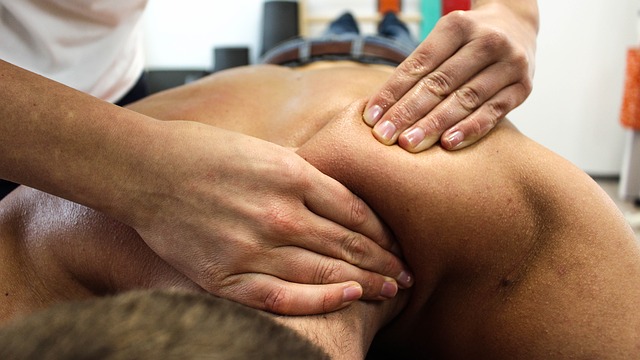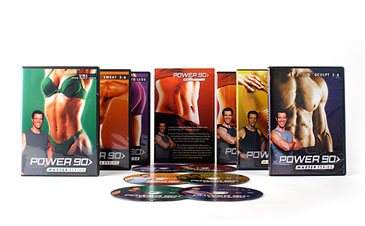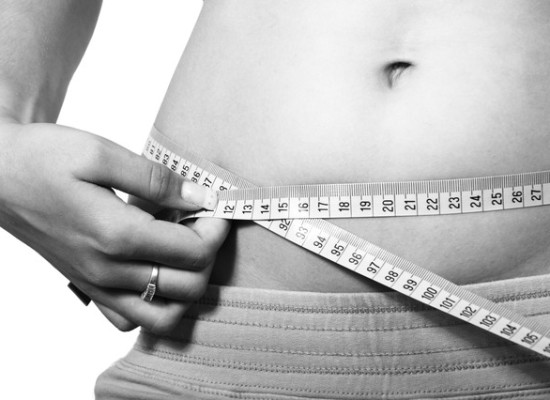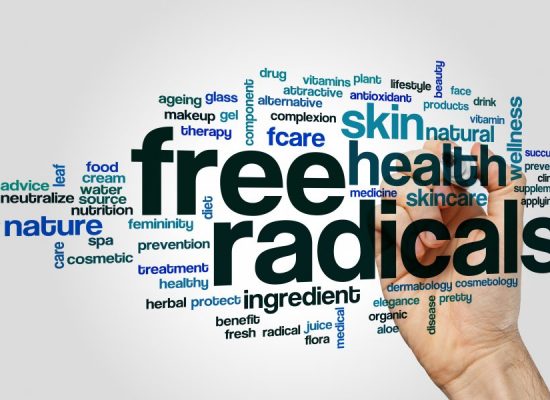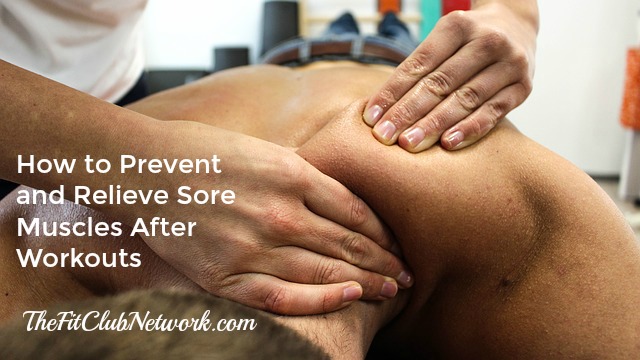
How to Prevent and Relieve Sore Muscles After Workouts
Are your muscles totally sore after you pushed yourself hard or did some new exercises in your last workout? If so, the first thing I want you to know is that suffering is NOT required. Your body isn’t any better off being sore, so why go through it? I wanted to share some steps to avoid getting sore, as well as several effective ways to relieve sore muscles after workout before it creeps up on you.
Why Do We Get Muscle Soreness?
Before I talk about how to relieve sore muscles, let me fill you in on why they get sore. When you are new to working out, or you exercise intensely, you often get micro-tears in your muscle tissue that will cause delayed onset muscle soreness usually about 12 to 24 hours later. It can continue for two or three days. You’ll feel stiff, tender, weaker, and your range of motion will be reduced.
Besides the pain, the muscle soreness causes us to delay or skip workouts, which is exactly why it’s a priority for athletes, coaches, and trainers to address.
How to Prevent Sore Muscles After Workouts
Here are some ways to PREVENT exercise-induced soreness and improve your performance:
1. Pick the right workout program for YOU. The harder you push yourself, the more likely you’ll be sore. The key is to choose an exercise program that eases you into fitness as gently as possible so your body can adapt more easily. That’s where the advice of a coach comes into play. Monica and I are familiar with all the Beachbody workouts, so we can help you choose one that fits your level of fitness experience (our coaching services are included in the purchase price of the program).
2. Start slow and pace yourself. It’s exciting when you start a new fitness program. You’re motivation is at a high and you as super enthusiastic as you envision your awesome results. If you’re new to exercising, or it’s been awhile since you have, it’s really important to go slow and pace yourself as you move forward.
If you’re not sore the day after your workout, you can push yourself a little harder the next time you work out. If you’re a little bit sore, take it down a notch. If you’re super sore, read on for some things you an do to help. When you build up to a better fitness base, you can progress a little faster. In general, it takes about a week to get back to a place where you can give 100%.
If you have been actively exercising, but you’re starting a new program, you want to base how hard you push yourself on how much advancement there is in your program. For example, if you’ve been doing Insanity and you’re going to give Insanity: The Asylum or one of the P90X workouts a try, it’s probably fine to give it 100%—just be cautious about how much weight you start off with.
If you’re trying one of these harder workouts after doing something like P90 or Focus T25, you’ll want to ease into it because you’re taking a big jump in workout duration, intensity, and training style.
3. Minimize eccentric motion. Concentric motion is the contraction of a muscle and eccentric motion is the lengthening of it. Eccentric motion causes more muscle soreness, so try to limit it as you’re easing yourself into your program.
You can do this by slowing down the concentric (lifting) part of the movement and speeding up the eccentric (lowering) part. If you’re doing plyometric (jumping) exercises, jump onto a stable surface then step instead of jump down.
4. Hydrate yourself. Dehydration contributes to muscle soreness in a big way. The odds are that you are chronically dehydrated and adding exercise significantly increases your need for water needs. As a general rule of thumb, your goal is to drink half your bodyweight in ounces each day BEFORE you account for exercise. Add another 32 ounces for each hour you work out.
But, hydration is NOT just about the water—it’s also about electrolytes. Whey are sweat, you lose them. If you’re exercising less than hour per day, you can probably get buy without a supplement to replace them UNLESS your diet is very low in sodium. If you do sweat for more than an hour, you’ll definitely be wanting to supplement with something like Performance Hydrate, which helps you body maximize the absorption of fluids with an optimal balance of carbohydrates and electrolytes.
 5. Eat for your muscles. Your muscles need protein within a few hours of working out. By eating a protein-rich meal before or after your workout, or drinking a protein shake afterwards, your muscles will have the nutrients they need to help them repair and grow faster. Three excellent post-workout supplements are Performance Recover, Performance Recharge, or Shakeology. The Performance Recover formula contains pomegranate extract, which has been found to reduce exercise induced muscle soreness by an average of 25%. The Performance Recharge formula contains phytonutrients that specifically help your muscles.
5. Eat for your muscles. Your muscles need protein within a few hours of working out. By eating a protein-rich meal before or after your workout, or drinking a protein shake afterwards, your muscles will have the nutrients they need to help them repair and grow faster. Three excellent post-workout supplements are Performance Recover, Performance Recharge, or Shakeology. The Performance Recover formula contains pomegranate extract, which has been found to reduce exercise induced muscle soreness by an average of 25%. The Performance Recharge formula contains phytonutrients that specifically help your muscles.
How to Relieve Sore Muscles
No matter how hard you try to prevent it, sometimes you’re just going to be in a bit of pain after a workout. Fortunately, exercise-induced muscle soreness typically only lasts a few days.
While anti-inflammatory medications—like ibuprofen, naproxen, or aspirin—can make you feel a whole lot better, there are enough health risks to be concerned about, including cardiovascular and intestinal issues, and “suppressed protein synthesis.” It’s okay to take them occasionally, just don’t make it a regular habit.
Here are healthier and safer remedies for muscle soreness to opt for instead:
1. STRETCH. Stretching is your most power post-workout remedy for muscle soreness. When you workout, you’re contracting your muscles (making your muscle fibers shorter). Lengthening them after you exercise can help you recover more thoroughly.
2. Massage your muscles with a foam roll. Massaging your muscles with a foam roller is recommended just after AND in between your workouts and on days you don’t workout to help reduce post-workout soreness. You’ll want to give each major muscle group at least five rolls, starting with your calves and working your way all the way up your body. Give the sore spots some extra time.
Do some checking in your local area for an affordable massage places. There’s one by me that costs only $30 for one full hour of muscle relief. It’s a nice treat every so often.
3. Eat well. Even if you’re eating at a calorie deficit in order to lose weight, you still want to eat enough healthy proteins, carbohydrates, and fats in order help repair and maintain your muscles. A couple hours after exercise and during sleep are two key times when protein synthesis (muscle repair) occur, which is behind the Performance Recover and Recharge supplements.
4. Heat your muscles. Heat increases your circulation, so things like a hot bath or a dip in a jacuzzi in between workouts are super helpful for recovery. If you heat up too soon after your workout, you can actually exacerbate inflammation and the jets could cause more soreness by pounding your muscles.
5. Eat more fatty acids. A big contributor to exercise-induced muscle soreness is inflammation. Eating foods that are high in omega-3 fatty acids—like salmon, flax, walnuts, and avocado—can help ease your soreness.
6. Keep moving. Yes, I know…it’s the opposite of what your body is telling you to do, but it’s exactly what you NEED to do. Most of the Beachbody programs come with a recovery workout—do them! They are specifically designed to help combat your body’s soreness. You can use them anytime you need them, you can’t do them too much, and you’ll feel better than before you started. Yoga is also a fabulous recovery workout!
7. Ice your muscles. Immediately after a workout, icing your muscles can help reduce inflammation. When you keep inflammation down, it’s much easier to move and stretch those muscles and help them heal.
8. Boost your quercetin intake. More exercise-related research has been done on quercetin than on any other phytonutrient. It is found in fruits and vegetables, like apples and onions, and has powerful anti-inflammatory properties. The Performance Energize pre-workout supplement is an excellent source for quercetin and is the reason behind its glowing yellow color.
Free Fitness Coaching
As you can see, there are so many ways to prevent and relieve sore muscles after workouts. If you have any questions, or need individualized help with this issue, don’t hesitate to contact us:

